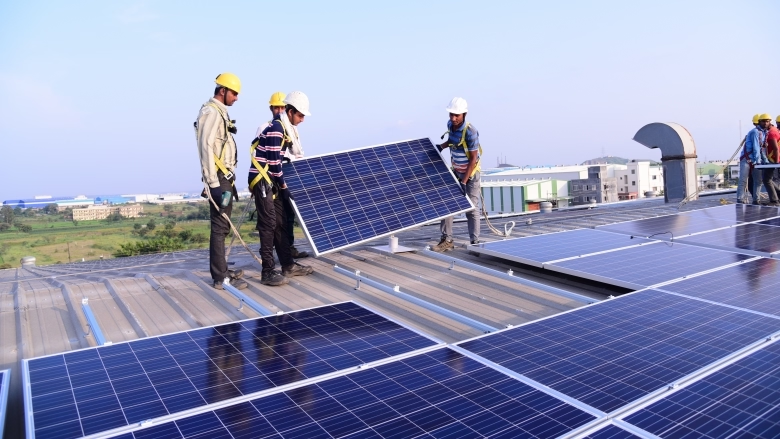NIGERIA NEWS
Presidency Defends N10 Billion Solar Energy Project for Aso Rock Amid Public Backlash

The Bola Tinubu-led Nigerian Presidency has defended its recent approval of a N10 billion solar energy project for the State House, Aso Rock, describing the initiative as a strategic, long-term investment in sustainability and energy efficiency.
This defense comes amid growing public criticism over the cost and timing of the project, with many Nigerians questioning the necessity of the expenditure, especially in light of the country’s ongoing economic challenges and concerns over government spending. Some critics have also accused the Tinubu administration of failing to deliver on its promise of stable power supply to Nigerians, suggesting that the adoption of solar energy for the presidential residence is an indication that the government can no longer fulfill this commitment.
In a statement posted on his verified X (formerly Twitter) handle on Tuesday evening, Presidential spokesperson Bayo Onanuga addressed the criticism, emphasizing that the project aligns with global standards for presidential residences. Onanuga pointed out that the White House in Washington, D.C., had also adopted solar power as part of its energy strategy.
“The White House in Washington D.C. uses solar power,” Onanuga wrote. “We are not reinventing the wheel. We are following a tested and globally accepted model for powering important national institutions sustainably.”
Accompanying the statement was a video highlighting the U.S. Presidential transition to solar energy, reinforcing the idea that Nigeria’s leadership must set an example by embracing clean energy solutions.
The Federal Executive Council (FEC) had earlier approved the N10 billion allocation for the solar infrastructure at the Presidential Villa. While the move sparked criticism, the Presidency argues that the project is both a necessary and forward-thinking step. Onanuga noted that relying on diesel generators for Aso Rock’s power needs is not only expensive but also environmentally harmful.
“This isn’t just about saving money on fuel and maintenance costs in the long run; it’s about leading by example,” Onanuga added. “If the President’s residence can go green, so can other institutions across Nigeria.”




















You must be logged in to post a comment Login